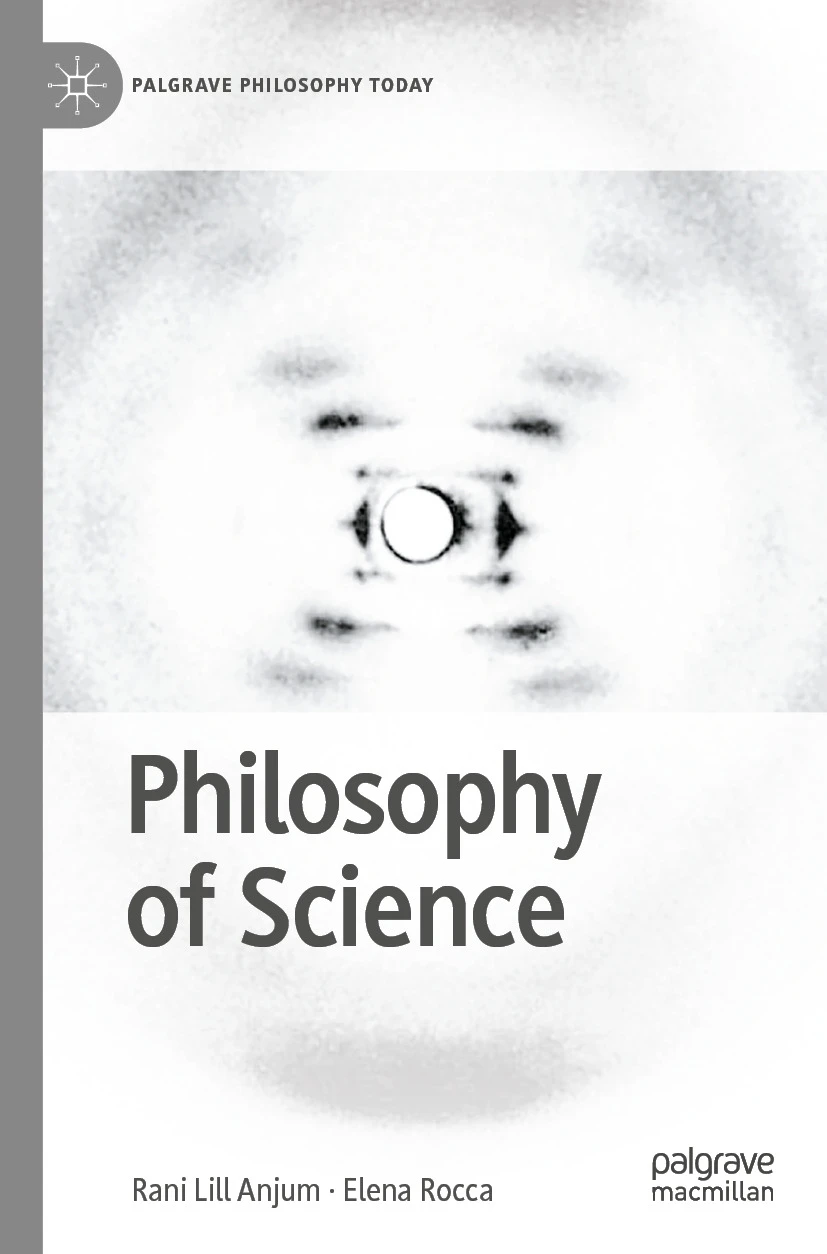In a collaborative effort to bridge the gap between philosophy and science, Rani Lill Anjum and Elena Rocca have written a new book that explores the intersection between these disciplines and highlights the significance of philosophical awareness in scientific inquiry and practice.
The book is based on the course ‘Interdisciplinarity and expert disagreement on sustainability’. It started in 2020, when philosopher Rani Lill Anjum and scientist Elena Rocca had an idea for a new course to teach students about the intersection between philosophy and science.
“NMBU has a strong focus on interdisciplinarity and sustainability in teaching and research, but no topic of sustainability is free from controversy,” Elena says.
“When working as a scientist, I became increasingly aware of how many disagreements in science could not be solved by more facts and more evidence,” she explains.
“We wanted to teach students about basic implicit assumptions in science, and how these can lead to conflicting conclusions.”

A user-friendly introduction
In the course, students are encouraged to recognise and reflect upon the various philosophical basic assumptions in their own disciplines and then discuss these in interdisciplinary groups. "By teaching them how to identify a range of philosophical assumptions, they are given some tools to understand and tackle expert disagreement in a constructive and transparent way," Rani says.
Four years later, the book was born.
After sharing the success with the course in social media, Rani was approached by the Editor of Palgrave’s Philosophy Today Series who wanted a textbook in philosophy of science. They agreed to write the book based on how they teach philosophy of science to non-philosophers at NMBU. The publishers describe the book as ‘a comprehensive, engaging, and user-friendly introduction to philosophy of science written by a philosopher and a scientist’.
Science cannot ignore philosophy
In this book, Rani and Elena challenge the old positivist ideal of science as a purely fact-based enterprise, free from bias, interests and values.
“The ambitions of science are extremely high,” Rani says.
“It is expected to be a transparent, objective, and bias-free approach to study reality. However, this ideal, as well as trust in science, has been questioned.”
She mentions implicit gender- and racial biases, resulting from and reinforced by data gaps in research where large parts of the global population are excluded.
“These biases are also reflected in our own discipline, in the way that contributions from women and non-Western scientists and philosophers have been ignored. With this book, we wanted to include a wider range of perspectives and hopefully change how philosophy of science is taught.”
Using philosophy in real life
Rani and Elena wanted to write a book that is relevant for both philosophers and scientists.
“We wanted to show the reader how they can apply and use philosophy to analyse and disentangle real cases of expert disagreement,” Elena explains.
When choosing examples and cases for the book they found inspiration in the discussions with students and colleagues.
“In the course, we provide the philosophical theory and some examples that we know of, but then it’s the students who tell us how these topics are reflected in their own disciplinary context. We have learned so much from their course works,” Rani says.
They hope the book will be, not only a resource for students, but also a useful tool for educators when teaching philosophy.
About the authors:
Rani Lill Anjum is a philosopher and researcher at NMBU working in applied philosophy of science. She is particularly interested in the relationship between science and philosophy, and what they call philosophical bias in science. Her primary research focuses on different understandings of causality, complexity, and probability, and how these are reflected in various methodological choices.
Elena Rocca is associate professor at OsloMet. She specialises in issues related to responsible evidence-based decision-making with a focus on risk and safety in medicine and new biotechnology, from practical, methodological, and philosophical perspectives. Her research includes causal assessment in drug safety, clinical reasoning, and analysis of expert disagreement. She works interdisciplinary between scientific evidence, practice, and philosophy.
